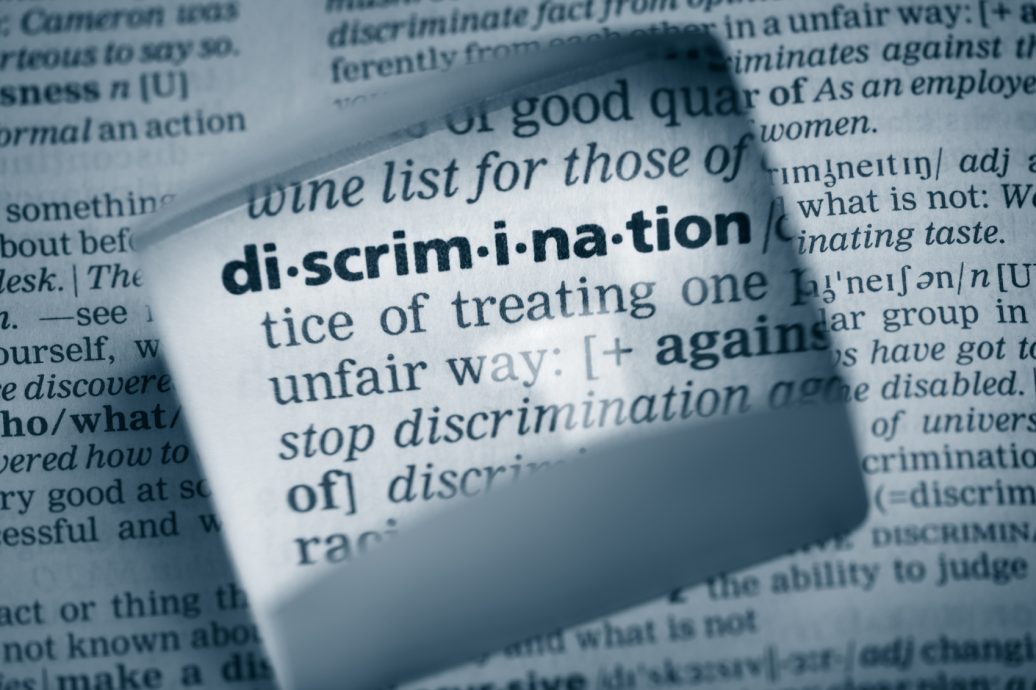Rule by Edict: Shep Melnick on the Power of the Civil Rights State
This conversation with Shep Melnick looks into the enforcement practices of the Office for Civil Rights in the Department of Education, one of the most powerful and secretive agencies in the administrative state. This agency caught the attention of many in 2011 when Russlynn Ali, Assistant Secretary for Civil Rights, sent a “Dear Colleague” letter to colleges and universities lowering the standard of guilt in a sexual harassment or sexual violence proceeding from guilt beyond a reasonable doubt to preponderance of the evidence (i.e., it is more likely than not that sexual harassment or violence occurred). Topping it off was the letter’s statement that double jeopardy is permitted against an accused person should that person appeal an initial ruling by a campus judicial process. The letter stated that the failure to use this lower standard of evidence for a conviction will mean that a school’s grievance procedures are inconsistent with Title IX. In short, “Dear Colleague,” you lose your federal money and will be the recipient of an embarrassing federal investigation, but thanks for playing.
In the wake of this severe deprivation of due process by Obama’s Office for Civil Rights, many have been puzzled about how this could happen. How a federal agency could use a “Dear Colleague” letter to enforce Title IX of the Civil Rights Act to begin with, not to mention using an informal method to diminish the constitutional rights accorded the accused of sexual violence charges, is a question that can only be answered by digging into the troubling, if not unlawful, practices of this significant agency.
Fortunately, we have Shep Melnick to inform our understanding of the tremendous growth in power of the “Civil Rights State.” Melnick discusses the power of the OCR, and how it has established its ability to rule informally, outside of the law, and with little accountability to Congress and the statutes that authorized its existence. Importantly, he provides guidance on how to begin curtailing the OCR’s unlawful edicts.

